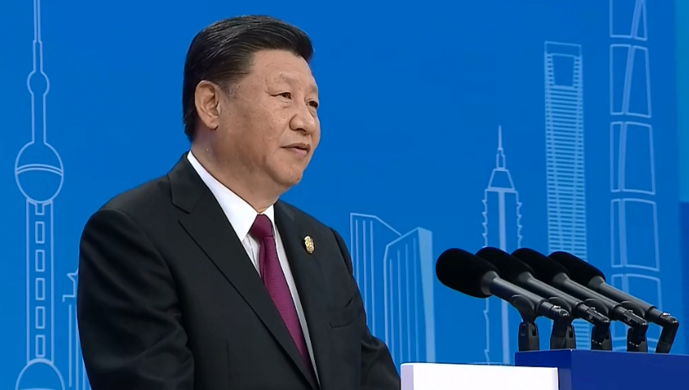Takehome: China supports the development of CBEC and will still follow the general principle of supervising commodities traded through CBEC as personal commodities.
On Nov. 7, 2018, Qian Fangli, director of E-commerce and digitization department of the Ministry of Commerce, said during a CIIE press conference that the administration of CBEC-traded products will still follow the principle of being supervised as a personal commodity.
The director stated that the Chinese government has prioritized development of cross border e-commerce. Currently Ministry of Finance and other related authorities are drafting a CBEC policy and developing a regulatory scheme for CBEC supervision after the grace period. "Based on the principle of innovation, inclusiveness and prudence, we will optimize the supervision measures of cross border e-commerce and ensure a stable policy transition" Qian Fangli said.
A series of positive signals regarding CBEC were revealed during CIIE. President Xi delivered the opening speech during CIIE, stating that the government would take further steps to lower tariffs, facilitate customs clearance, reduce institutional costs associated with import, and step up cross-border e-commerce and other new forms of trade and models of business. The implications of this statement are that in future CBEC-traded products may not be subject to stringent administrative supervision (it is still difficult to speculate if some high risk products will be exempted from registration approval).

China is encouraging the development of CBEC in tandem with an increase in regulation of channels like “daigou”. The new e-commerce law stipulates that e-commerce operators are required to complete registration, obtain relevant licenses, pay taxes and avoid breaking the advertisement law. Confronted with more stringent requirements and higher operation cost, some small “daigou” traders are being forced to quit e-commerce platforms. Mrs. You, a “daigou trader” selling clothes, was sentenced to 10 years in prison and fined 5.5 million yuan after a criminal court found her to be guilty of smuggling.



 We provide full-scale global cosmetic market entry services (including cosmetic registering & filing, regulatory consultation, customized training, market research, branding strategy). Please contact us to discuss how we can help you by
We provide full-scale global cosmetic market entry services (including cosmetic registering & filing, regulatory consultation, customized training, market research, branding strategy). Please contact us to discuss how we can help you by 







